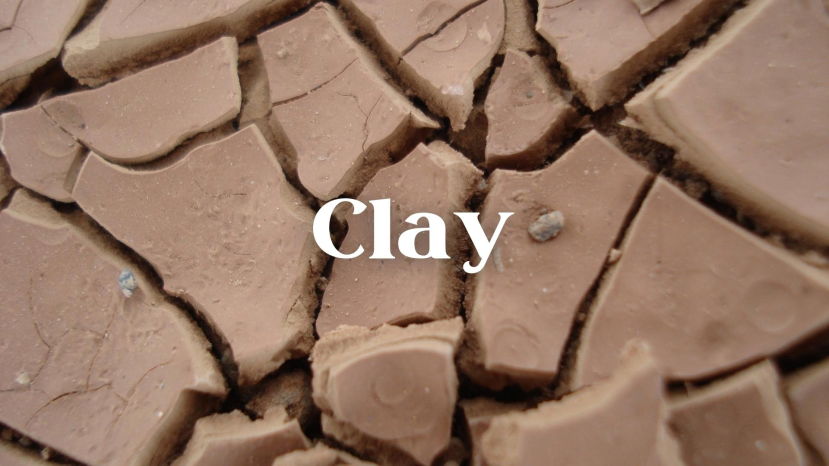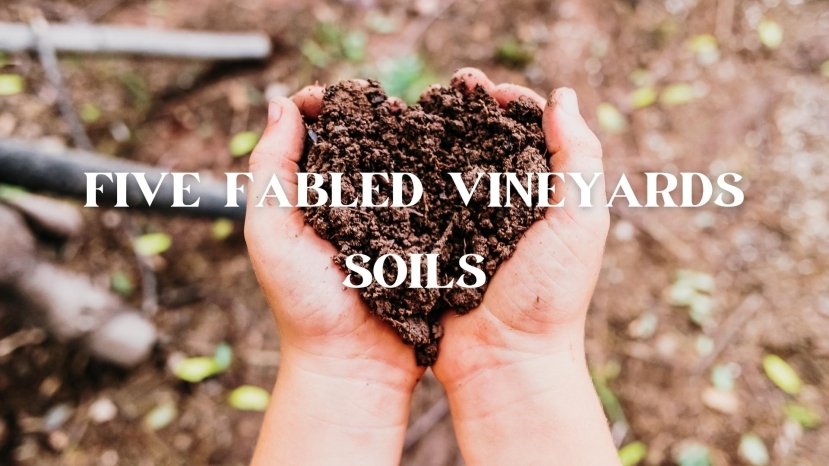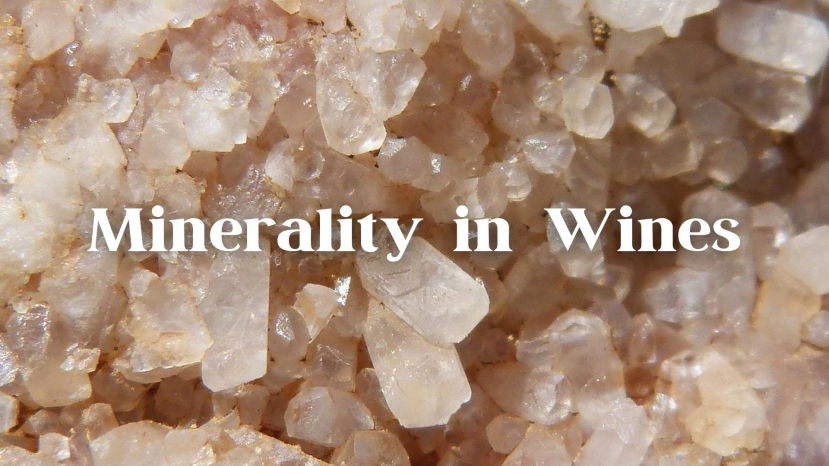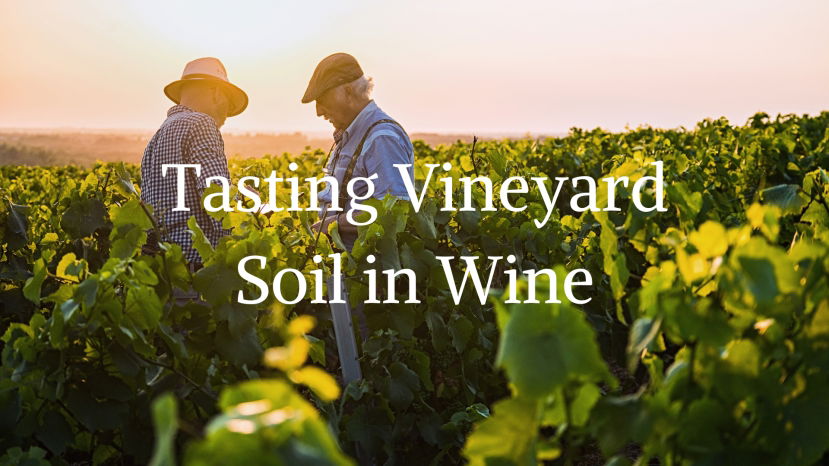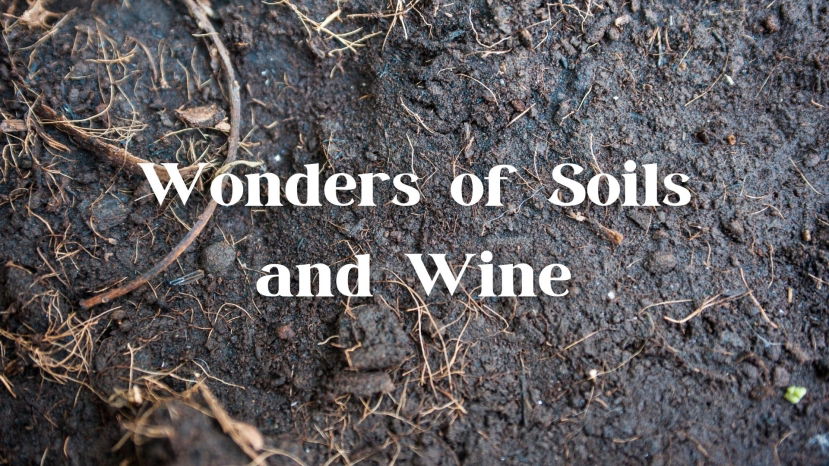BLOG
alex maltman
Summary: Clay is very familiar: in garden soils, for modelling toys, baked as bricks and tiles, pots and plates. It’s very widely used commercially: in landfill linings, drilling muds, animal housing, insulation, explosives, medicines, cosmetics, etc. etc. And yet it’s a rather mysterious substance. What is it exactly? What is it made of? Why does it behave in such unique ways?In this WSG Live I will explain the
Summary: Of all the vineyard soils of the world, a dozen or so have acquired a designation of their own. Examples are New Zealands Gimblett Gravels (with their astonishing rise to fame), the albarizas of Spains sherry district (made of tiny but crucial architectural marvels), Californias enigmatic Rutherford Dust, the cherished Kimmeridgian of Chablis, and the spectacular terra rossa of Australias Coonawarra. The names probably mean little to most people but to wine
Summary: Can you taste ‘minerality’? What do we mean by ‘terroir’? Where do aroma and flavour come from? Is too much attention paid to the role of the soil in discussions of the aromas and flavours of great wines? How rare are truly great wine-growing sites? These are some of the questions we aim to discuss in the upcoming Meeting of the Minds on November 25th. Wine Scholar Guild
Summary: Minerality is now the single most widely used wine descriptor, yet its meaning remains elusive. Are we talking about a smell, a mouthfeel, a taste, or what? Does it depend on the grape varietal or wine style? It’s all very debatable, and in this webinar I will summarise studies illustrating how opinions vary.There are various suggestions on what may be prompting minerality but many commentators invoke a
Summary: Why do we think that the vineyard soil is so important for the taste of wine? The rocks and soils in the vineyard certainly affect how vines grow but these days they pervade writings on wine flavor; some commentators believe they are the overriding contributor to taste. There are restaurant wine lists organized not by grape variety, region or style but by geology: granite wines,
Summary: In this webinar I will address some of the intriguing questions you submitted. Varied they were, but many had a common thread: what is it about a particular soil that is so important for certain wines? I will look at some general ideas about such claims, and then consider some specific examples, such as slate in the Moselle and Priorat, granite and diorite in Beaujolais.What exactly is the difference

